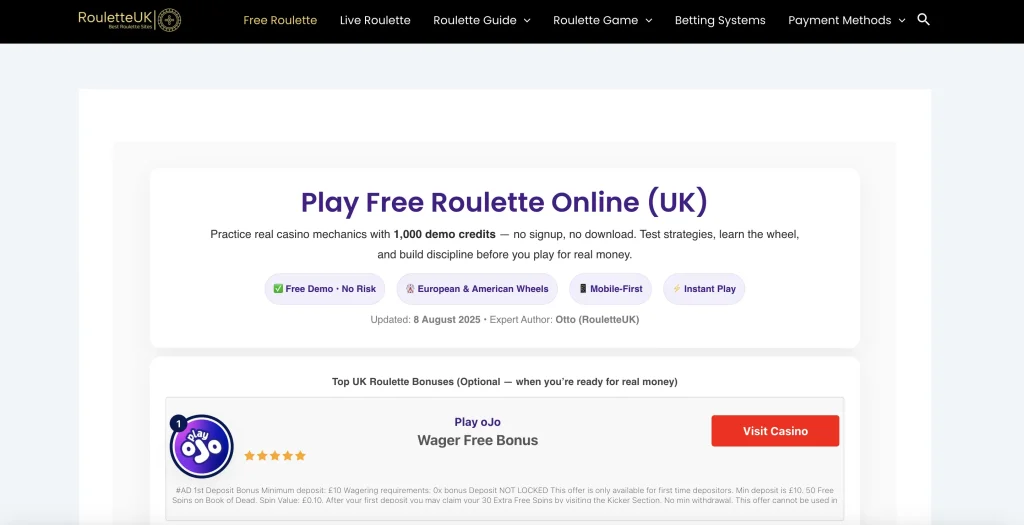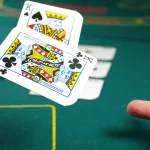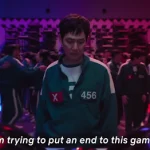Eric from EricLeads sat down with Otto, lead analyst and editor at Roulette UK and long-time gaming technology consultant. They dove deep into how online roulette really works, what players don’t see behind the scenes, and where the industry is headed next. This isn’t fluff — it’s an insider’s view of the tech, regulations, and trends shaping one of the world’s most iconic casino games.
Eric: Otto, thanks for doing this. To start, what drew you into this niche? Most people don’t wake up one day thinking, “I’m going to become an expert on online roulette tech.”
Otto: (laughs) True. I actually came from a software engineering background. About 12 years ago, I was working on low-latency video streaming for sports betting platforms. One of our clients wanted to launch a live dealer roulette studio, and I got pulled into figuring out how to make that stream to players in real time without buffering. I fell in love with the mix of old-school casino tradition and bleeding-edge tech. From there I started consulting for regulators and platforms, and eventually Roulette UK became a hub for publishing what I learned.
Eric: One myth I hear constantly is that online roulette is “rigged.” What do you say to that?
Otto: I get why players think that, but if you’re on a properly licensed site, that’s just not how it works. RNG-based roulette uses certified random number generators. They’re not “random” like throwing dice, but they use cryptographically secure algorithms seeded with unpredictable data — hardware noise, thermal fluctuations, etc. Independent labs run millions of test spins and analyze the distribution. If there were any bias, it’d show up.
What players confuse is variance. You can lose 10 spins in a row on red even though it’s a fair wheel. The house edge is built into the payout structure — 35:1 on a 37-pocket wheel — not some secret switch.
Eric: Walk us through what actually happens when I click “spin” on an RNG roulette game.
Otto: Great question. Behind the scenes:
- Your click triggers a request to the game server.
- The server asks the RNG module for a random number — usually a huge integer.
- The software maps that number to an outcome (0–36, or 0–36 plus 00 for American wheels).
- The client animates the ball landing where the server tells it.
It all happens in milliseconds. And crucially, the RNG result is generated before the wheel animation you see. That animation is just a visual representation. That’s why the result doesn’t depend on your device or internet speed — it’s already decided server-side.
Eric: Live dealer roulette feels very different. What’s the tech stack there?
Otto: Completely different animal. Live roulette uses a physical wheel in a studio. The main challenges:
– High-def cameras: Multiple 4K cameras capture the wheel, dealer, and close-ups.
– OCR (optical character recognition): When the ball lands, OCR software reads the winning number directly from the wheel’s layout and pushes that to the game engine.
– Streaming: Uses ultra-low-latency protocols like WebRTC or custom RTMP. You’re talking sub-1-second delay to players on three continents.
– Redundancy: Backup wheels, failover servers. If one camera dies mid-spin, another angle takes over automatically.
There’s also human oversight — a pit boss team monitoring in real time, like a physical casino but scaled globally.
Eric: What about fairness for live games? RNG has audits, but what if the dealer spins “weirdly”?
Otto: Another good one. Dealers are trained to spin consistently, but live games also have statistical audits. Regulators look at the distribution over thousands of spins. If something looks off — like an abnormal bias for certain pockets — the studio investigates. But honestly, modern wheels are engineered to avoid bias. You’ll see more “weird runs” at a Vegas casino than you will at a regulated live studio.
Eric: Players hear about licensing — UKGC, Malta, etc. What do regulators actually do behind the scenes?
Otto: It’s not just rubber-stamping. Regulators require:
– Code audits: Inspect the RNG and game logic.
– Penetration tests: Make sure no one can tamper with results.
– Periodic re-testing: Labs like eCOGRA re-audit games quarterly or annually.
– Segregated funds checks: Ensures player money is safe.
The UK Gambling Commission is one of the strictest. They can yank a license if you fail compliance.
Eric: Let’s talk innovation. What’s coming down the pipeline that will change online roulette over the next 5 years?
Otto: Several things:
- Personalization: Wheels with custom themes, table limits, even soundtracks you pick.
- Provably fair cryptography: A few projects already let players verify each RNG seed on-chain. That’s big for crypto casinos.
- VR/AR: You’ll see players walking around a virtual casino floor with a headset, picking a seat at a live roulette table.
- Better mobile UX: Sub-second latency streams optimized for 5G.
Eric: From your side, any interesting war stories? Ever seen a tech failure mid-spin?
Otto: Oh yeah. Years ago a studio in Riga lost power mid-broadcast. Wheel stopped mid-spin. Panic everywhere. Now all studios have UPS backup and hot-swap servers. Players never saw a gap — the system voided the spin and refunded bets. That’s the level of infrastructure people don’t realize is there.
Eric: For readers picking a site to play roulette, what’s your advice?
Otto: Three things:
- Check the license — UKGC, MGA, or your local regulator.
- Know the wheel — European (single zero) has better odds than American.
- Look for audit seals — eCOGRA, iTech Labs.
And remember: roulette is entertainment. Manage your bankroll; don’t chase losses. The tech is there to be fair, not to beat math.
Eric: Final question. You’ve been covering this space for a decade. What keeps you passionate?
Otto: Roulette is this fascinating blend of 18th-century tradition and 21st-century tech. I love explaining that to players and pushing for transparency. Plus, I’m a bit of a math nerd. Seeing how we can use cryptography and streaming to make a 200-year-old game global? That never gets old.
Eric: Otto, this has been incredible. Thanks for sharing your expertise.
Otto: Anytime, Eric. Always happy to pull back the curtain.






